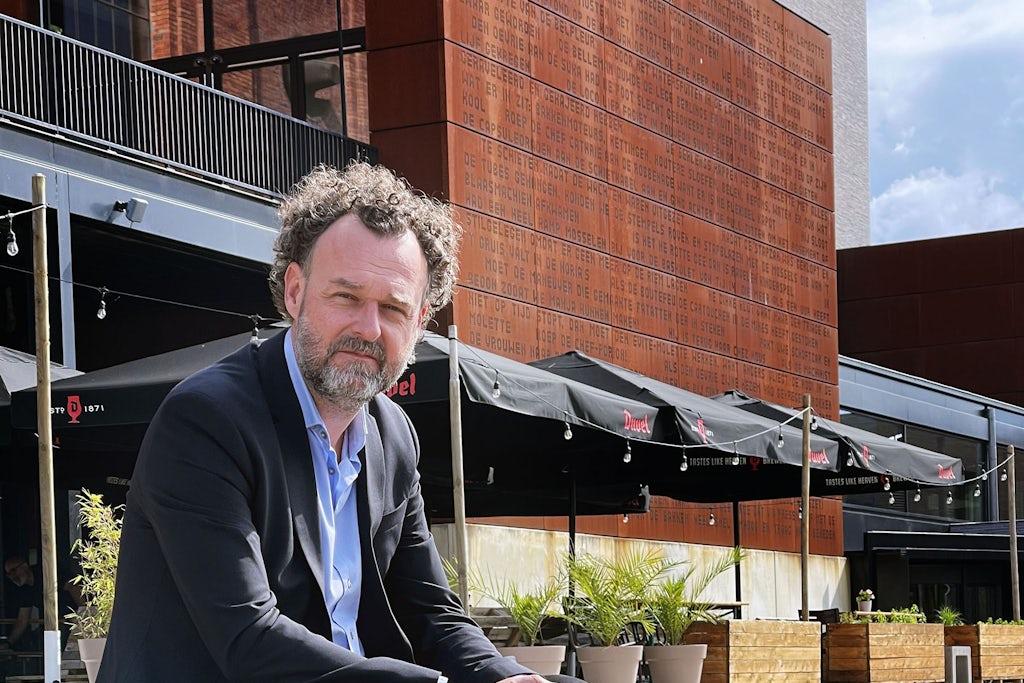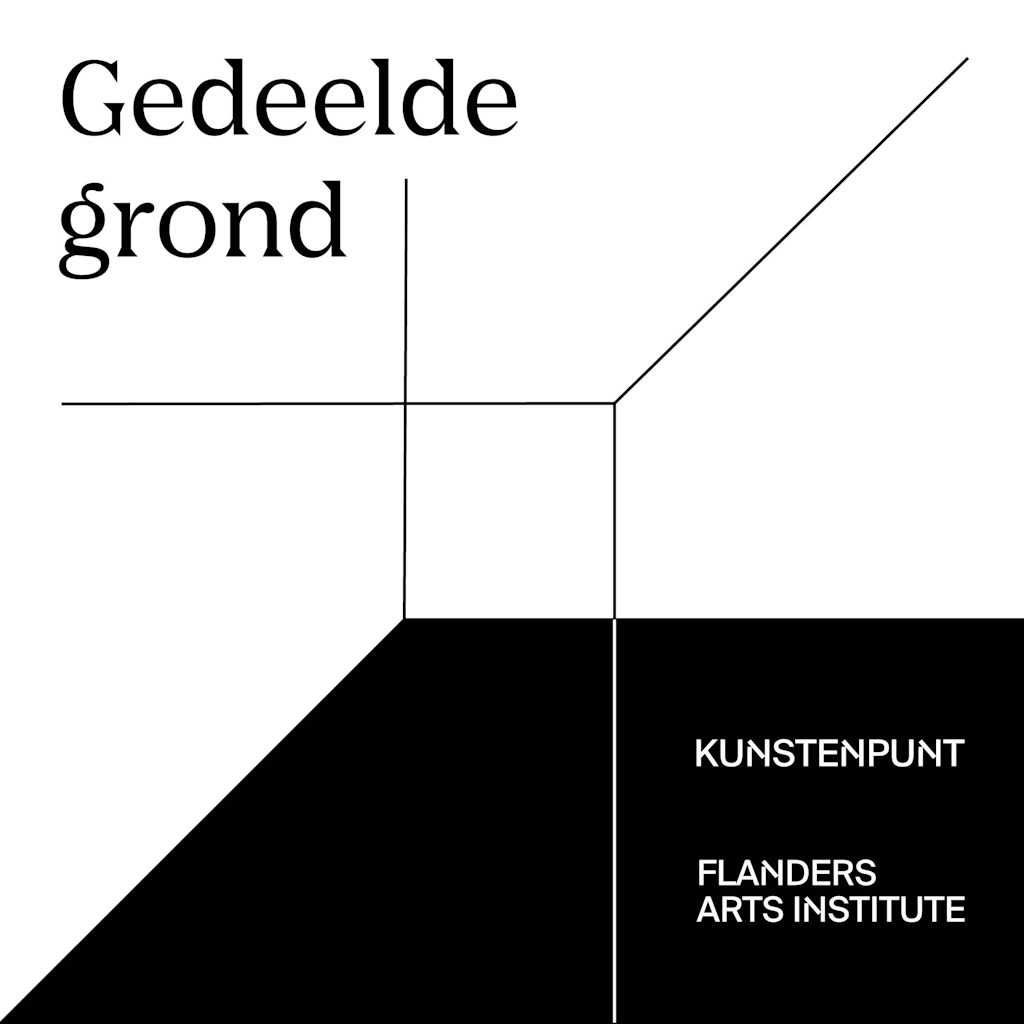Gedeelde grond (Shared ground) 8 – listen to the new podcast episode with Tom Michielsen

(c) Kris Vandevenne
Deep, wide and high
Gedeelde grond (Shared Ground), a series of conversations with art professionals from Flanders. Tom Michielsen has been director of cultural centre MUZE since 1996. When he arrived, the house had a different name and did not yet have the prestige and profile that the MUZE enjoys today. This has everything to do with a policy of active participation.
We are trying to show content from Spotify.
Kunsten.be only uses minimal cookies. To view content by a third party website, this site can place additional cookies. By continuing to browse you are agreeing to the use of those third party cookies.
Read more about our privacy policy?
Summary
Much more than just programming or presenting the performing arts, MUZE also looks for ways to give local talent their due. To this end, it joins forces with local associations and makes good use of the wealth of cultural diversity in Heusden-Zolder: Italian, Turkish, Spanish and Eastern European communities, each with their own contribution. It is through sustainable and equal partnerships that trust and credibility can grow among these different communities.
Tom emphasises that there is not one Turkish or Italian community, but a strong diversity within each diversity: in terms of artistic preferences, generations, ideologies even. The advantage of being located on the industrial heritage of an old mining site is that almost everyone has a connection with the place. Older generations enjoy seeing the mine site come back to life after the demise of the mining industry. It’s an ideal place for young people to meet, and youth organisation Arctos is also located there. The site has a lot of historical value, especially for people with Italian and Turkish roots. That makes the location more “neutral”, or more universal (it belongs to everyone) than an ordinary “black box”.
When examining the future of our field, a number of things worry Tom. Firstly, the risk that cultural centres will programme too safely such that new names will not be sufficiently included. According to him, this has to do with the fact that the provincial policy level for culture disappeared in 2015, meaning that houses are only accountable to their local government, which tends to pay one-sided attention to the size of audiences. Previously, the province was a more neutral actor, which also had financial resources available to occasionally take an artistic risk or support new initiatives.
This is related to what Tom sees as a distribution issue: you see a limited number of stage productions travel along the many venues in Limburg, while it would be more efficient to present one production in one venue for a longer period and promote it together. This would make room for other makers. Cultural centres could also have a more involved conversation with incoming artists, accepting these makers into residency in order to further develop their work and avoid showing it to the public too early.
However, Tom’s greatest concern is educating children. In formal education, there is too much emphasis on the cognitive, on STEM subjects, losing sight in the process of the cultural and sporting aspects. Youth appear to have difficulty with certain forms of humour, imagery or absurdity – the ingredients of many art forms. He advocates a more holistic, humanistic perspective on education. Our youth should not become one-dimensional consumers, but three dimensional beings who can think deeply, broadly and elevatedly about things. Deep emotions, a broad intellect and a soaring imagination. One that is also much more inclusive, because it’s wonderful when a child who is not strong in maths is strong in football, guitar or artistic expression. Children can be guided and affirmed much better in this approach.
Download the full transcript of the podcast (in Dutch)



